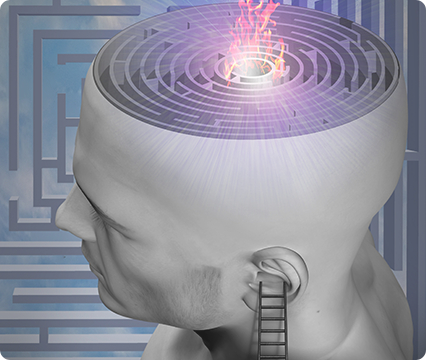Pro-inflammatory diet and the risk of depression and anxiety: A prospective study based on the dietary inflammatory index
Certain dietary components can trigger or reduce inflammation, potentially influencing emotional well-being. This study by Pang et al. (2025) explores how dietary inflammation, measured by the Dietary Inflammatory Index (DII), correlates with symptoms and diagnoses of depression and anxiety. Researchers calculated DII scores using data from 29 food items reported in 24-hour dietary recall questionnaires completed by participants in the UK Biobank. Diagnosed cases of depression and anxiety were identified through hospital records based on ICD codes, while depressive and anxious moods were assessed using the PHQ-9 and GAD-7 screening tools. Among 189,835 participants tracked for a median of 14.1 years, incidence rates for depression and anxiety disorders were 257.25 and 272.10 per 100,000 person-years, respectively. The average DII score was −0.435, ranging from −6.566 to 5.449. Participants with higher (more pro-inflammatory) DII scores faced greater risks of depressive mood, diagnosed depression, anxious mood, and diagnosed anxiety, all with statistically significant associations after controlling for demographics, lifestyle, and medical history. A diet high in pro-inflammatory foods is significantly linked with an increased risk of developing depression and anxiety. Adopting an anti-inflammatory dietary pattern, as measured by the DII, may serve as a preventive strategy for improving mental health outcomes. [NPID: Dietary inflammatory index, depression, anxiety, pro-inflammatory diet, UK biobank]
Year: 2025
 Navigation
Navigation







